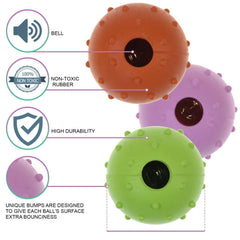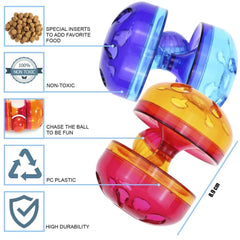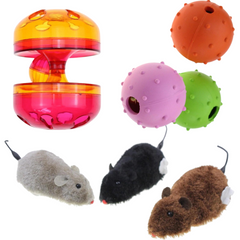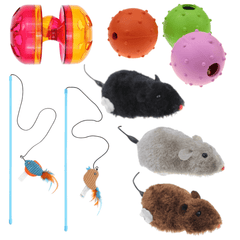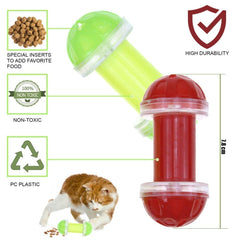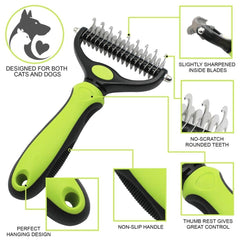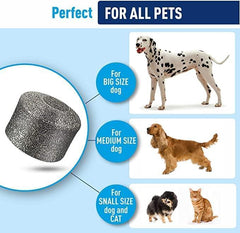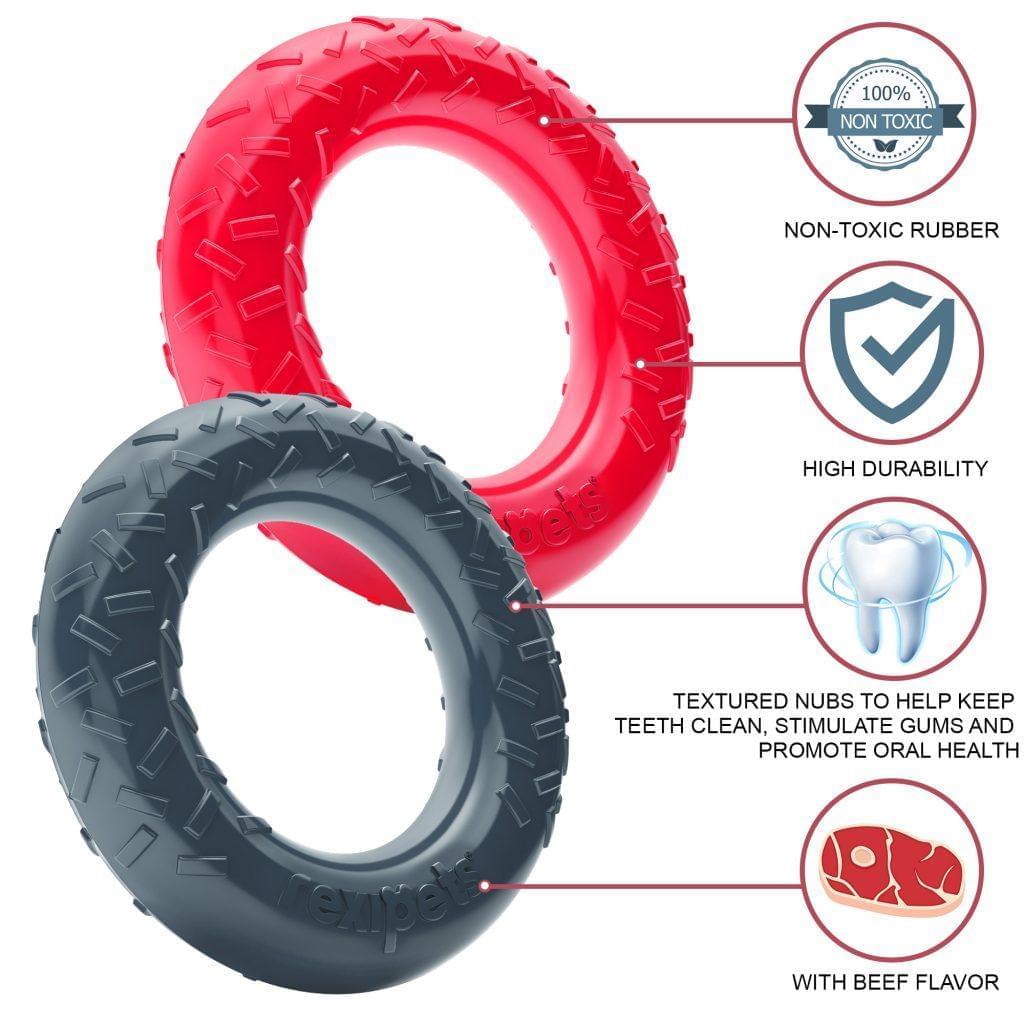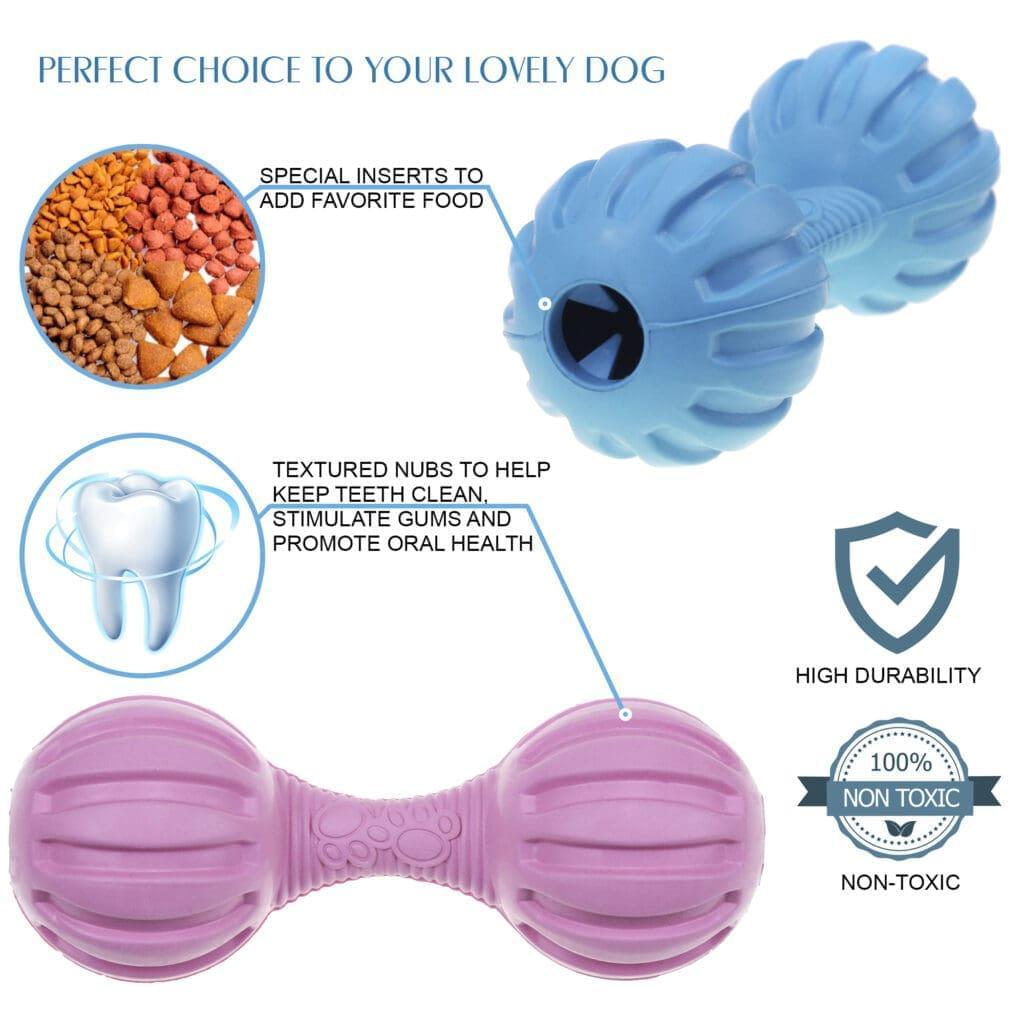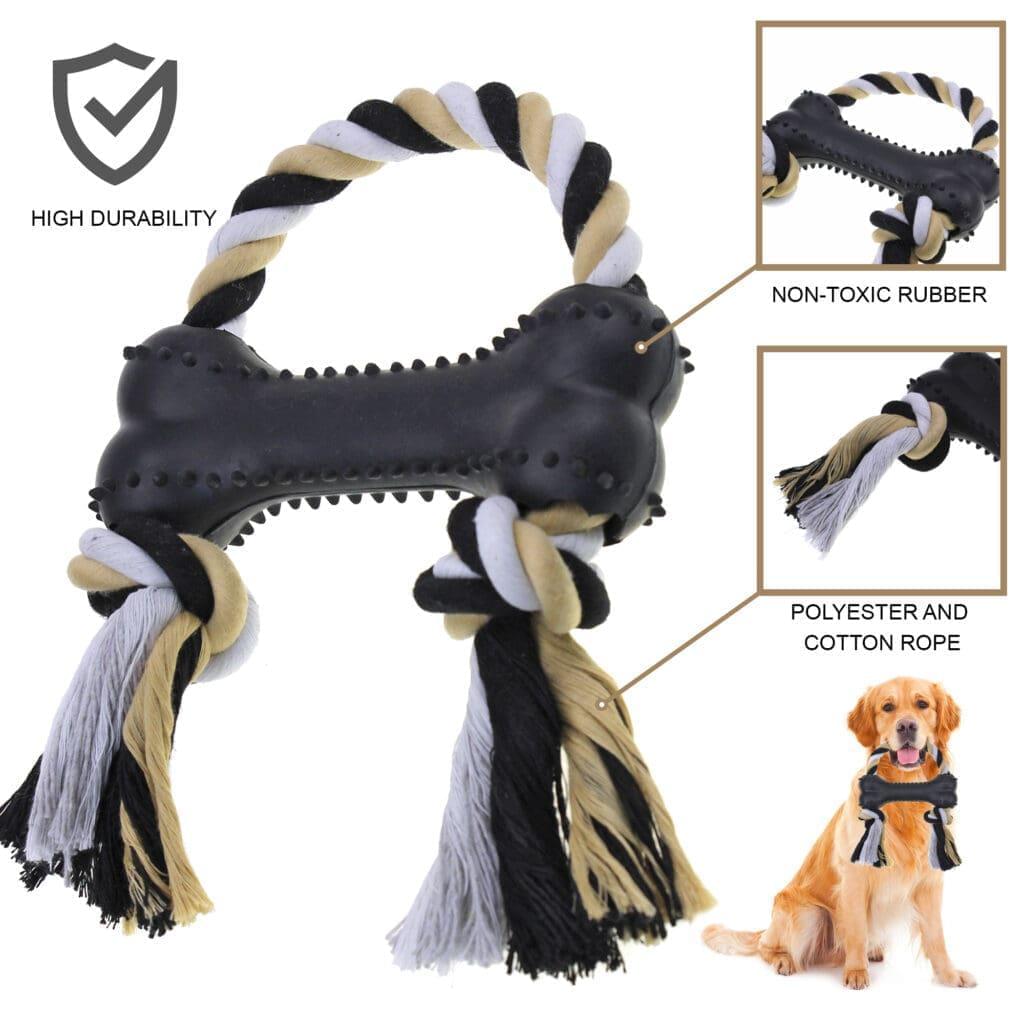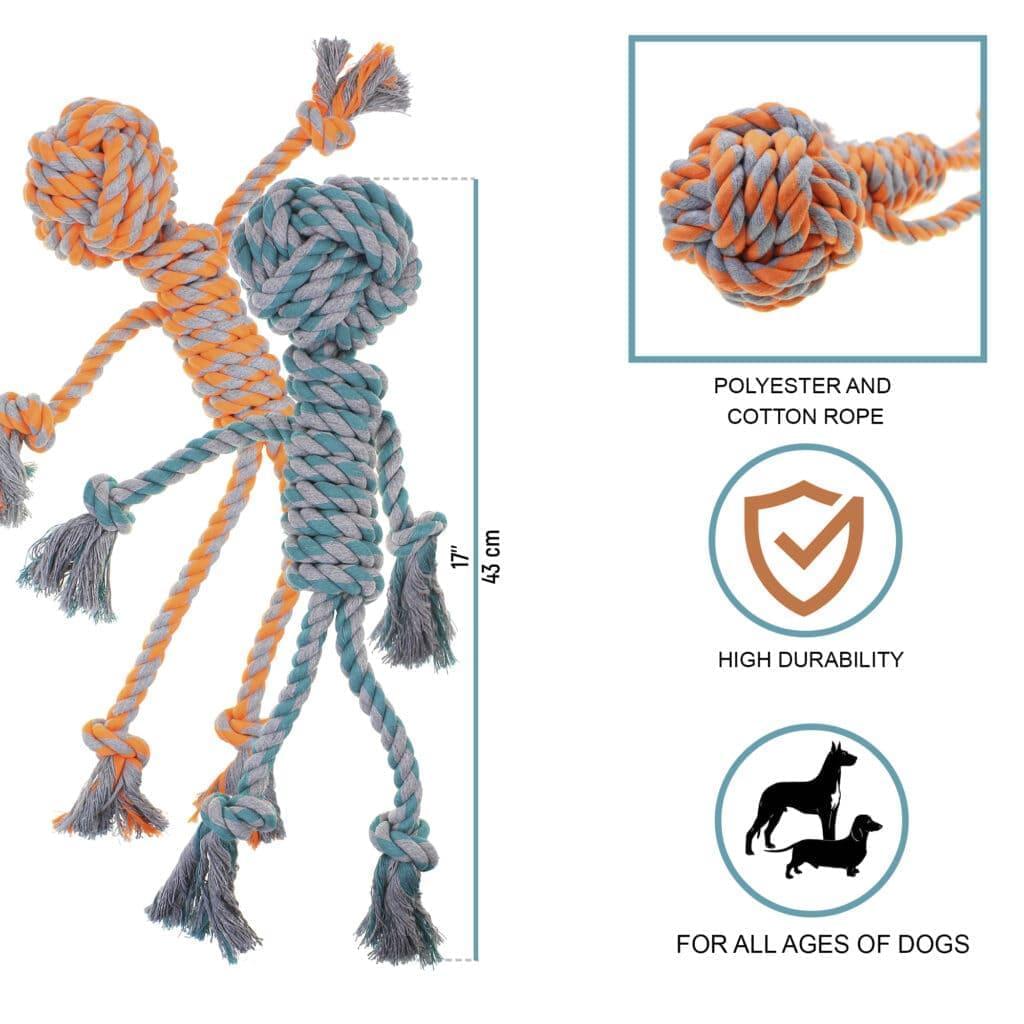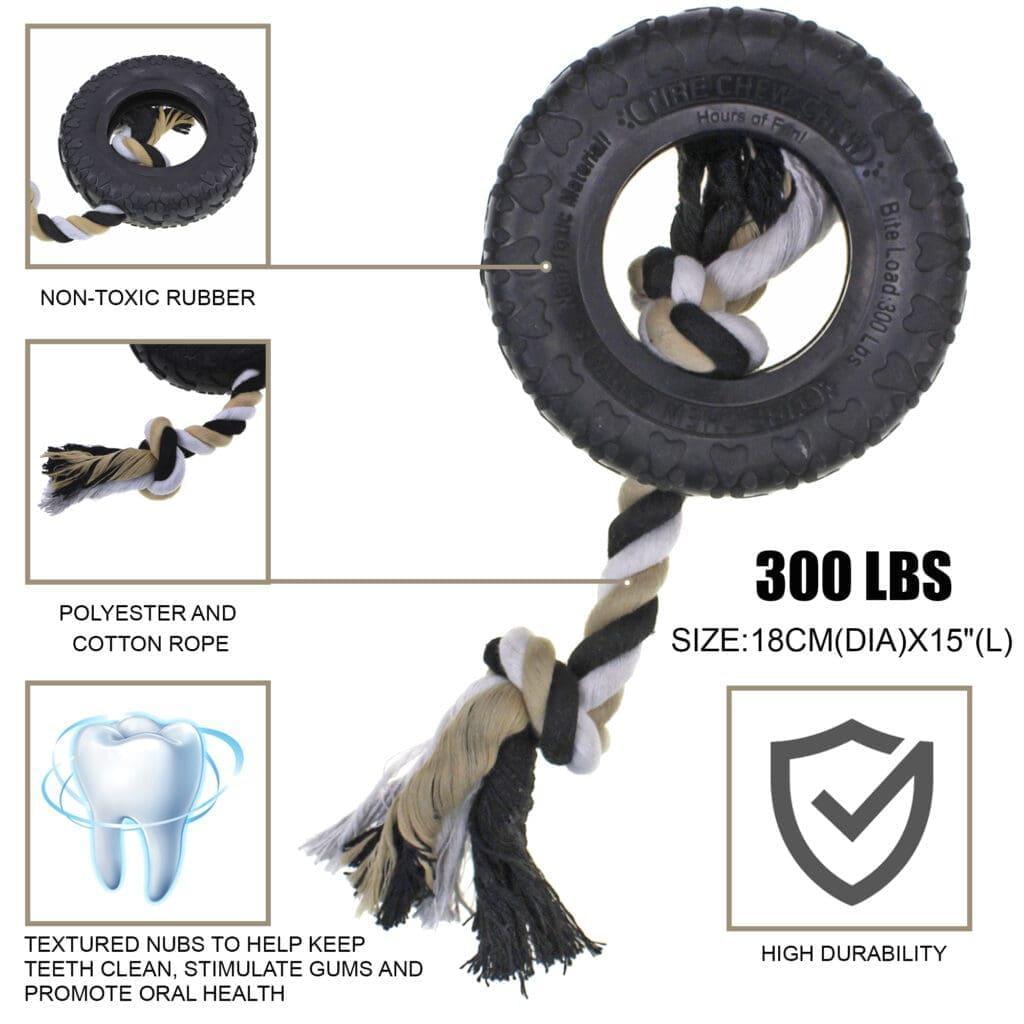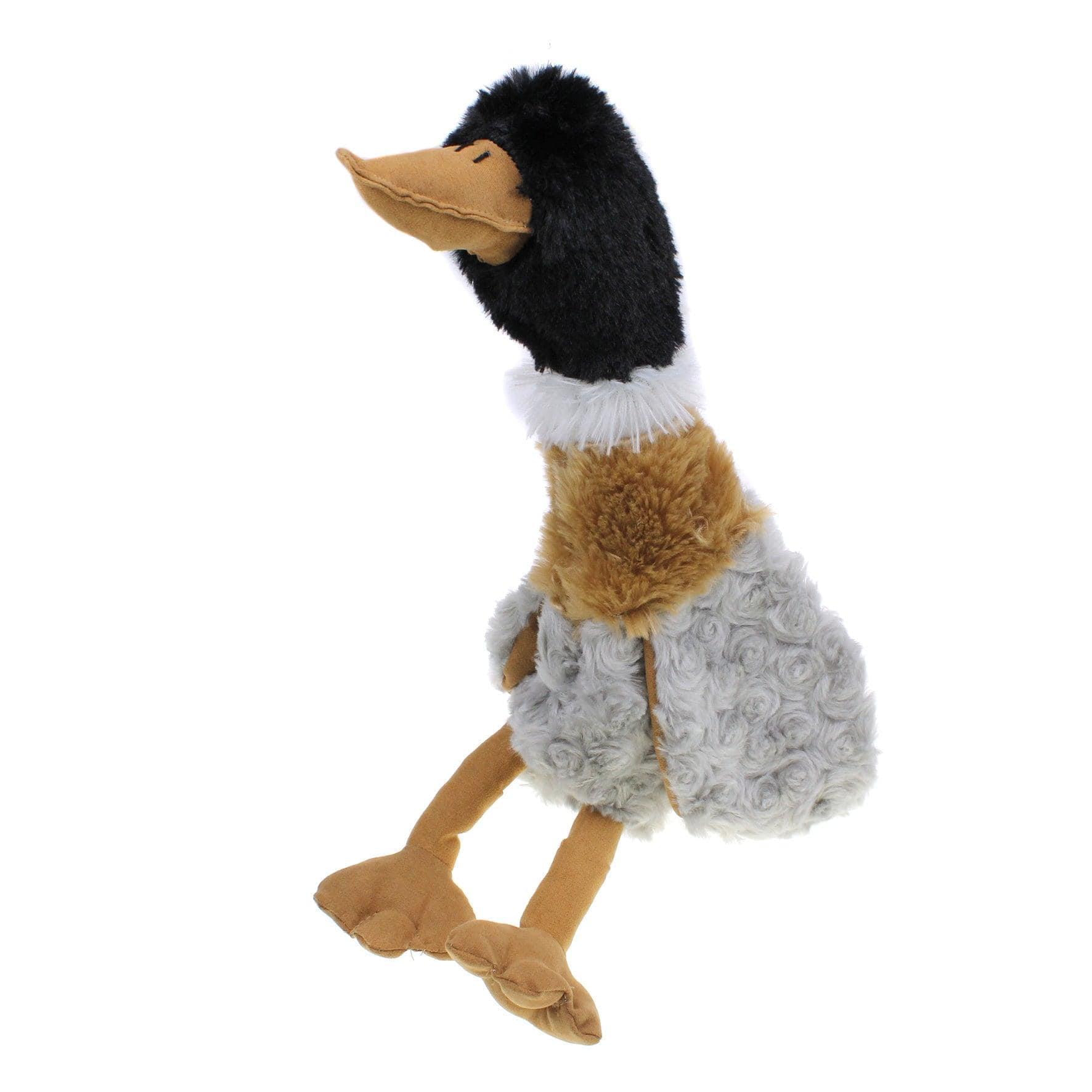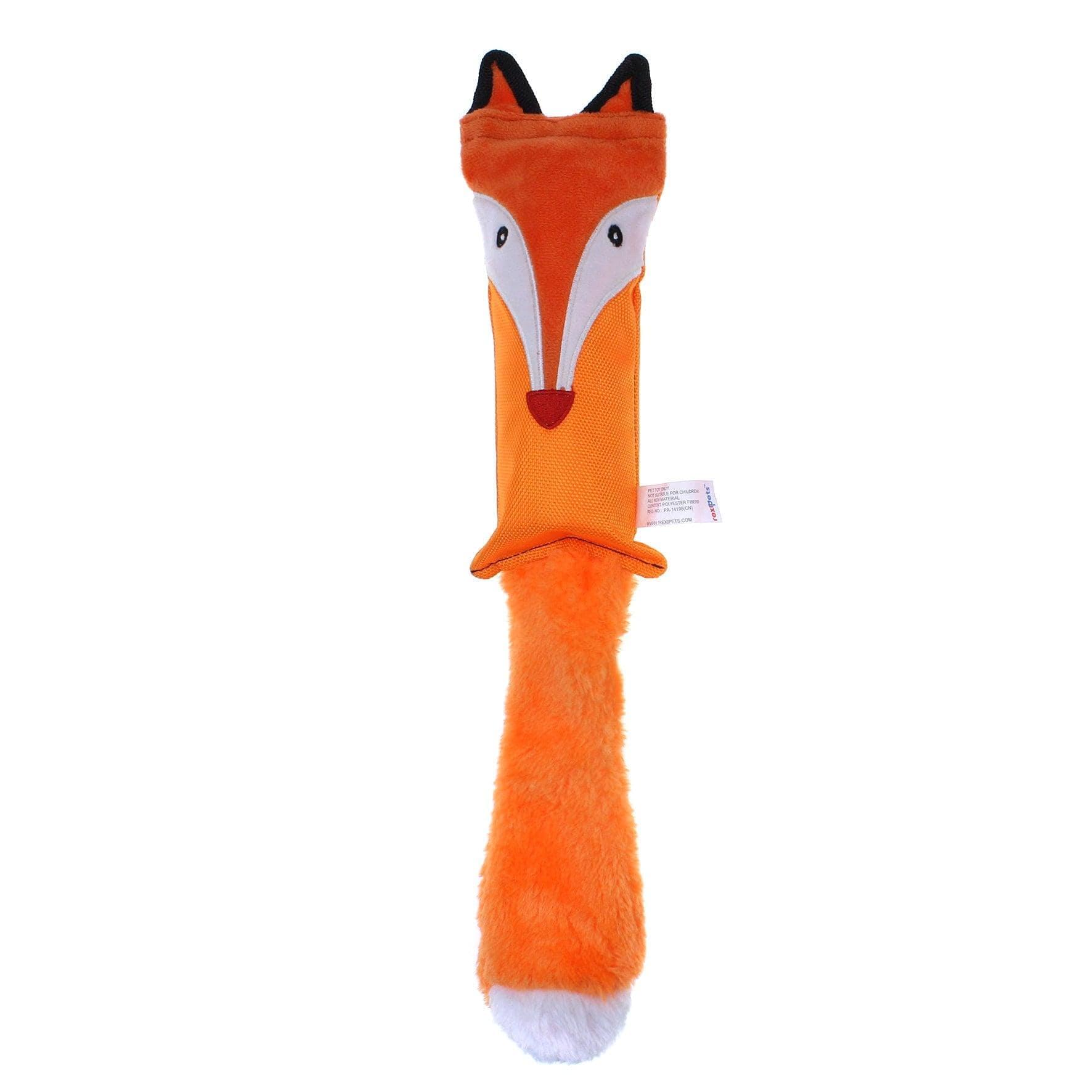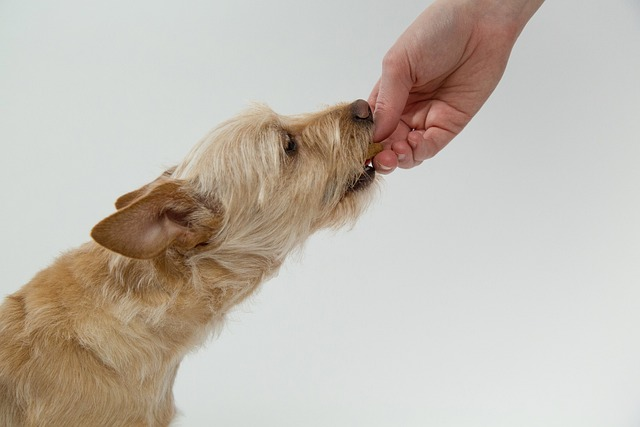
When we talk about keeping our furry friends in good shape, we pay a lot of attention to their heart, stomach, and even their coat health. But seldom do we talk about their liver function.
It might not be the first thing that comes to mind, but the liver plays a vital role in how our dog's bodies function. Even small liver problems can cause serious trouble. So, one way to look out for your dog's liver is by considering liver supplements.
Today, we'll talk about liver supplements and everything you need to know about them. We'll cover the best time to give these supplements to your dog, their common ingredients, any side effects, and the best liver supplements on the market.
So, brace yourself as we embark on the journey of exploring the world of liver supplements for dogs.
Do Dogs Really Need Liver Supplements?

Let's talk about our furry friend's liver. It's a pretty impressive organ that has multiple responsibilities in their bodies, including:
- It acts as the body's main filter, cleaning blood from the digestive system.
- The liver makes and releases bile, which is a digestion essential.
- It acts like a vitamin and mineral storage unit, plus a fuel station stocked with glycogen and fat.
- It works to remove toxins from the blood.
- It is like a pharmacy; it metabolizes drugs.
- It produces proteins that help with blood clotting and maintaining blood pressure.
Now, most folks know that dogs with severe liver damage or issues can benefit from liver support supplements. But what about the healthy ones? Well, even in good health, our pups can face liver challenges. Their liver battles toxins, parasites, meds, infections, and stress throughout their lives.
When you add factors like aging, genetics, and poor diet to the mix, you've got a liver working overtime.
Since it's established that proper liver function is a must for your fur baby's well-being, there might be times when it's a good call to throw in a liver support supplement.
When is the Best Time to Give Liver Supplements to Your Dog?

Let's talk liver supplements for our canine buddies. Now, when it comes to dogs with liver issues, these supplements can be a game-changer. But here's the deal: they're not for every pup, and you shouldn't hand them out like treats.
Suppose your dog's already been diagnosed with a liver problem. In that case, chances are your vet has already sorted them out with the right liver supplement. And if not, call your vet before you decide to give your dog liver supplements.
But here's the thing – besides dogs with liver disease, there are a few other furry dogs who might benefit from these liver boosters:
- Dogs on homemade diets.
- Dogs who've got some tummy troubles.
- Dogs who have a regular medication routine, due to any reason.
- Aged dogs.
However, we cannot emphasize enough that not all dogs need these supplements. It is essential to know that they can do more harm than good in some cases. This is especially true if your furry friend has other health issues.
So, the golden rule? Always run it by your vet first. They'll be the best judge of whether your dog needs that liver supplement or not.
Common and Effective Ingredients in Liver Supplements for Dogs

Once your veterinarian gives you the go-ahead for the liver supplements, you must know the good stuff you need to look for. Let's dive into what you should be keeping an eye out for – the good stuff, the stuff that actually works.
Here are the typical and effective ingredients to look for in a dog's liver supplement:
-
S-adenosylmethionine (SAM-e)
SAM-e, short for S-Adenosylmethionine, is a substance that our dog's body can make from an essential amino acid called methionine. It's like a natural liver superhero. It's a commonly prescribed liver support supplement that mimics what their bodies do naturally.
Here's the deal: SAM-e gets converted into something called glutathione in the body. This glutathione is like the liver's personal detoxification and antioxidant team. It protects those liver cells from harm.
Usually, a healthy liver does a great job of making its own SAM-e. But when the liver's taken a hit or is not functioning well, SAM-e supplements come into play, lending a hand to dogs with liver issues.
-
Silymarin (Milk Thistle)
Silymarin, which is sometimes called milk thistle extract, is a dietary supplement often used to address various liver issues in different animals, including dogs.
This natural remedy from the milk thistle plant is believed to support healthy liver function by blocking enzymes that can harm liver cells and offering anti-inflammatory and antioxidant benefits.
-
Omega-3 Fatty Acids
Next up is Omega-3 fatty acids, which are like super-healthy fats for our dogs. They are known to be real inflammation fighters. And guess what? They're like a one-stop shop for your dog's well-being.
Apart from keeping the liver in check, Omega-3s are thought to give a helping hand to those kidneys, boost the immune system, maintain healthy joints, promote brain health, and contribute to a healthy coat and skin.
Now, you have choices for giving your dog these Omega-3s – fish or krill oil are the go-to sources. They come in various forms in dog liver supplements.
-
Glutathione
The liver produces something called glutathione, which is like an antioxidant. It reduces inflammation in the body. Now, here's the thing - as dogs get older, their glutathione levels tend to drop, which can make them more vulnerable to liver disease tied to chronic inflammation.
But don't worry, there's a way to give those glutathione levels a boost. Some liver supplements contain glutathione.
-
Zinc
Dogs dealing with liver disease often have low zinc levels, and zinc helps with cell growth. Now, the trick with zinc is that it's a bit of a delicate balancing act, as too much of it can actually be harmful.
For most healthy dogs, their regular dog food should provide them with the right amount of zinc they need. But if you're considering adding extra zinc to their diet, liver supplements have it.
You may also like: Best Dog Food for Zinc Deficiency 2023
But before you make any moves, it's a good idea to sit with your vet and have them check your dog to avoid mishaps.
-
Probiotics
Probiotics play a very important role in keeping your dog's digestive tract healthy, and guess what? The liver is part of that digestive team. A healthy gut means a happy, healthy liver function, and a healthy liver supports good digestion.
Probiotics are pretty safe and can benefit most dogs by boosting their immune system.
-
Vitamin E
When it comes to choosing liver-support supplements for your dog, there's more to consider than just the ingredients. Vitamin E for Dogs for example, is a potent antioxidant thought to benefit your pet's liver and health, and it's commonly used as a preservative in these supplements. Opting for the natural form of vitamin E, D-alpha-tocopherol is generally considered superior to synthetic versions. You'll typically find vitamin E in liver supplements as well.
Remember, it's essential to avoid giving human supplements to dogs, as they may contain harmful ingredients or inappropriate doses. Moreover, always consult with your veterinarian before introducing any supplements to your dog's diet.
What are the Side Effects of Liver Supplements for Dogs?

Liver supplements for dogs are generally safe, but there can be side effects, though they're uncommon. These might include upset stomach, like diarrhea or vomiting, especially when starting a new supplement. Gradually introducing the supplement and adjusting the dose can help. Rarely, a dog might have an allergic reaction, causing itching or swelling.
Liver supplements can also interact with other medications your dog might be taking, so always check with your vet.
It is essential to know that giving too much of a supplement can be harmful, so follow the recommended dosage by your vet. Don't end up harming your dog in the name of normal liver detoxification.
Best Liver Supplements
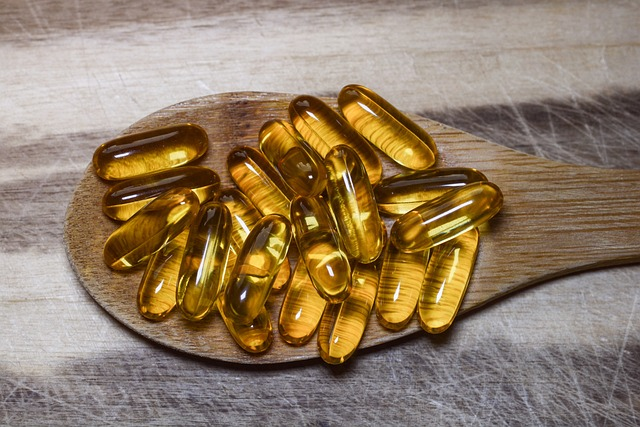
With so many liver supplements out there for dogs, how do you know which one's best for your pup? Well, there are two brands that are known to be safe and work well for doggy liver health. Let's look at them -
-
Denamarin
Denamarin, made by Nutramax, is a dog liver supplement many vets recommend. It's popular because it has two special things inside SAM-e and silybin. These work together to protect your dog's liver cells and make their liver work better. SAM-e helps clean up the liver, and silybin, which comes from milk thistle, fights off bad stuff in the liver.
So, Denamarin is a trusted choice for dogs with liver issues, but remember, check with your vet before giving Denamarin tablets supplements to your furry friend. It's essential to ensure it's the right fit for your dog's health.
-
Vetri-SAMe 90
VetriScience makes a liver supplement for dogs. It's special because it combines two good things for the liver: SAM-e and glutathione. What's even cooler is that it has a special coating to help your dog's body soak up these nutrients better in the small intestine.
Plus, it's got the thumbs-up from the National Animal Supplement Council (NASC), so you know it's a safe choice.
How to Give these Supplements to your Dog?
When it comes to giving liver supplements to your dog, it's all about playing by the rules on that label.
Some supplements must be taken with food, while others must be taken on an empty stomach. Some are a once-a-day deal, while others demand two servings. And hey, some are good to go with pregnant or nursing dogs, while others are a no-go.
So follow the instructions given by your vet. It's the best choice here for your dog's liver health.
Final Words!
To sum up, liver supplements for dogs support liver health. It keeps your furry friend's liver in tip-top shape, but there's a catch – you need to use them wisely and always get the go-ahead from your vet.
These supplements aim to boost your dog's normal liver function and improve their overall health. But, as with any good thing, there can be some hiccups.
Side effects like tummy troubles or allergies are possible, so you've got to be careful. These supplements may also interact with other meds your pup might be taking.
So, the bottom line for your dog's liver health is:
- Talk to your vet first.
- Choose the right supplement.
- Keep an eye out for any issues.
